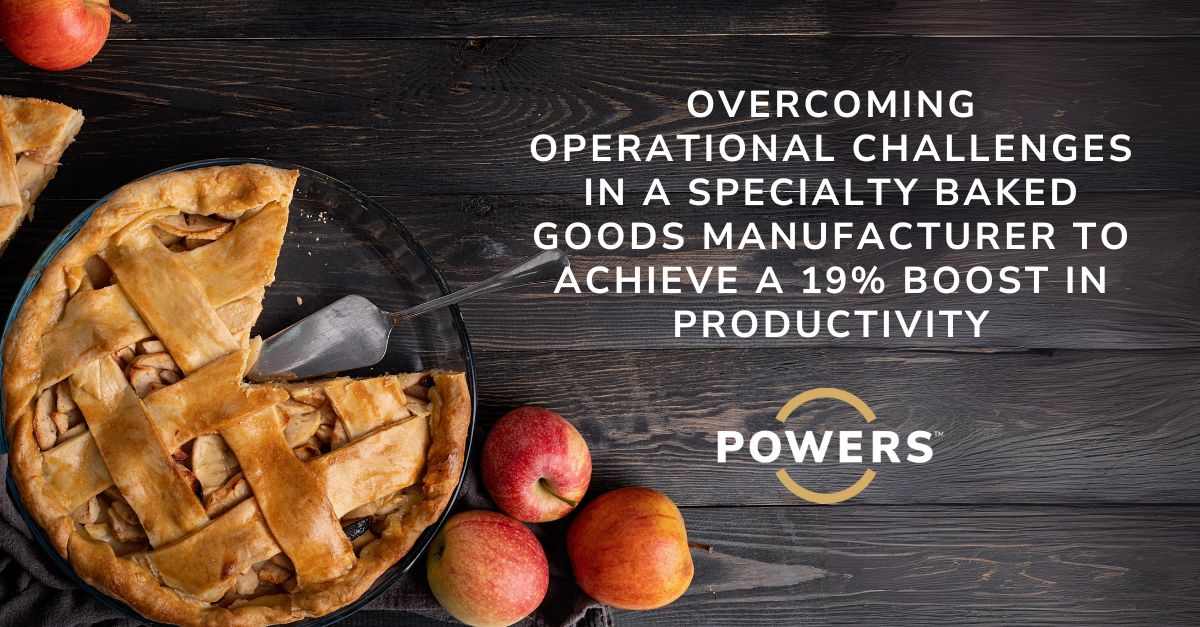
Private Agribusiness Producer / Supplier
A large, privately owned global agribusiness corporation with over 8,500 employees asked POWERS to help deal with some challenges caused by their rapid expansion. Founded in 1946, the company had successfully grown into one of the largest private suppliers of potato products, beef ranching, and farm and feed products in the world, with over 200 site locations across four different business divisions. Due to such exponential growth, many leaders at different branches were running their businesses independently, without centralized oversight or protocols. This lack of standardized processes had resulted in high administrative costs, confusion, and error rates, which had, in turn, impacted employee benefits and morale and increased risk and liability for the company.
Problems
Growth Variations of policy development and administration at the individual site level resulted in the need for a high number of resources required to administer “custom” processes. Without sufficient knowledge of site processes at the corporate level, policy administration was based upon a localized “tribal knowledge” and dependency, as well as site-specific interpretations and practices. These practices depended largely upon local leadership’s wants, desires, and history. This put the company at risk for inconsistent labor practices, regulatory practices, and union contract agreements.
Objectives
- Develop a corporation-wide understanding of individual site policies and practices related to 13 key human resources-administered policies.
- Included in this discovery, individual state regulations and labor laws needed to be considered and understood to adapt general policies to these regulatory requirements.
- We also sought to understand past cultures and union agreements that had been carried over from previous ownership and define workable and consistent standards across the company, with documented SOPs to train and guide site human resources and leadership representatives for consistency.
- Lastly, we wanted to develop a centralized CBA review for consistent content in future union agreements, consistent with corporate policies.
Strategies
- Gather and document actual “current state” processes across the business sites
- Complete comparisons and gap analyses identifying variations, similarities, and risks
- Establish a company-centralized process oversight structure with representative decision makers from all business divisions
- Establish direct links and communications between organization stake holders – IT, Risk Management, Legal, Third Party Administrators, Operations, Payroll, Benefit Administration
- Establish a working “core team” from HR site representation as subject matter experts (SME)
- Develop and train client team on process mapping, gap analysis, and process flow creation
- Create clear “future state” roadmaps with implementation and training action item registers
- Develop clear roles and responsibilities (RACI) for “future state” processes
Results
- Creation of clear step-by-step process flows for client’s top 10 most “painful” processes
- Enlisted 100+ human resource, SME’s, sight leadership, and outside third-party administrators into standardized process development to ensure workability
- Identified “key risks” from inconsistencies and practices and vetted solutions through client legal counsel
- Vetted proposals through leadership steering committee and site representatives.





